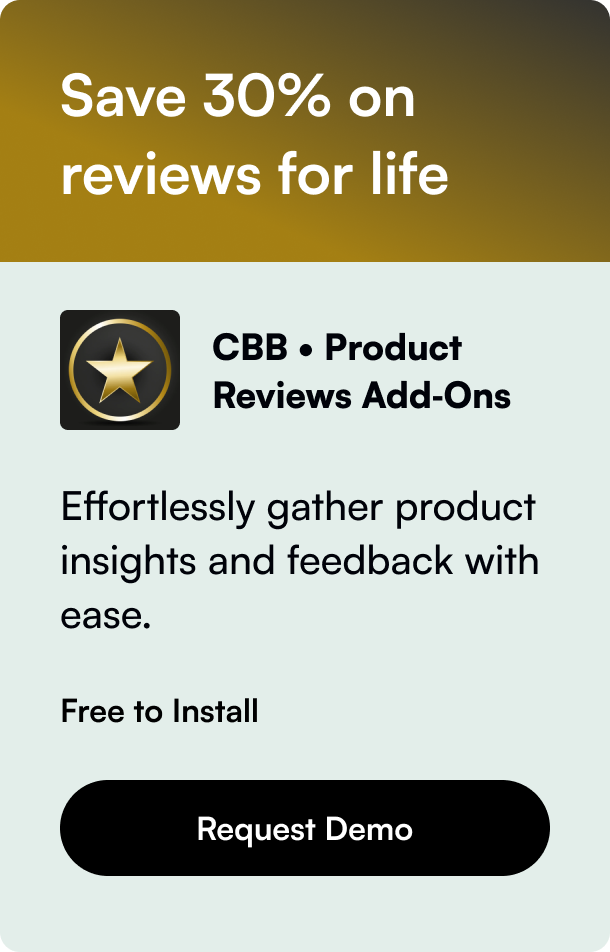Table of Contents
- Introduction
- Shein's IPO Journey: An Uphill Battle
- The Industry Landscape and Competitor Movements
- Conclusion
- FAQ
Introduction
Imagine a global retail player, making waves with affordable fashion, striving to solidify its stance in the U.S. market through an initial public offering (IPO). Shein, the fast fashion giant, finds itself at this pivotal juncture. However, the journey towards an IPO in the U.S. is fraught with challenges, not least of which is earning a spot in the coveted National Retail Federation (NRF). Despite its ambitions, Shein's repeated attempts to join the NRF have yet to bear fruit. This scenario brings to light the complexities of navigating the retail landscape, especially for a company like Shein, which is caught between its Chinese origins and the global stage it seeks to command. This article delves into Shein's IPO aspirations, the hurdles it faces, and the broader implications for the fast fashion industry.
Shein's IPO Journey: An Uphill Battle
Shein's decision to file for an IPO in the U.S. last year was a bold move, signaling its intentions to expand and cement its presence on the global stage. An IPO is not just a financial milestone; it's a statement of ambition, credibility, and readiness to play by the rules of the global market. However, Shein's path is complicated by its association with China, where it was founded, despite now being based in Singapore. This connection raises concerns among U.S. lawmakers and regulators, casting a shadow over its IPO prospects.
The NRF Membership Quest
Membership in the National Retail Federation (NRF) is more than just a badge of honor; it's a gateway to the heart of the U.S. retail industry and its influential lobbying arm in Washington. For most retailers, NRF membership might not be a game-changer, but for Shein, it represents a crucial step in its "charm offensive" to win over skeptics and demonstrate its commitment to becoming a transparent, accountable public company in the U.S. The NRF's silence on its membership process and Shein's repeated, so far unsuccessful attempts to join underscore the challenges facing the retailer in gaining acceptance within the industry's echelons.
Regulatory and Legislator Scrutiny
Compounding Shein's challenges are the watchful eyes of U.S. regulators and lawmakers. Senator Marco Rubio (R-Fla.) epitomizes the scrutiny Shein faces, having explicitly asked the Securities and Exchange Commission (SEC) to block the company's listing unless it discloses more about its operations and mitigates the risks associated with its Chinese roots. Rubio's concerns about Shein's commitment to transparency and regulatory compliance highlight the geopolitical undercurrents affecting businesses that straddle the U.S.-China divide.
Supply Chain Concerns
Beyond geopolitics, Shein must also confront criticisms of its supply chain practices. Reports of workers in some supplier factories working up to 75 hours a week cast a long shadow over the company's ethical practices and sustainability pledges. In an era where consumers and investors increasingly prioritize corporate social responsibility, such allegations are particularly damaging. Shein's attempts to improve conditions and navigate a listing possibly in the London market instead, suggest a company in search of a welcoming regulatory environment amidst ongoing scrutiny.
The Industry Landscape and Competitor Movements
Shein's journey does not occur in a vacuum. The fast fashion industry is notoriously competitive and fraught with challenges, from ethical sourcing to environmental sustainability. Shein's rival, Temu, has also faced scrutiny and is reevaluating its focus on the U.S. market amid a broader U.S. governmental campaign against Chinese tech firms. This environment of suspicion and regulatory vigilance underscores the delicate balancing act companies like Shein must perform to thrive in the global market.
Conclusion
Shein's ambition to list in the U.S. and join the ranks of the National Retail Federation is a reflection of its global aspirations and the hurdles it must overcome. From navigating geopolitical tensions and regulatory scrutiny to addressing supply chain ethical concerns, Shein's journey is emblematic of the broader challenges facing fast fashion retailers in the global arena. As the company continues its efforts to charm critics and win over allies, its saga offers valuable insights into the complexities of global expansion, industry acceptance, and the relentless quest for credibility and sustainability in the fast-paced world of fashion retail.
FAQ
Q: Why is NRF membership important for Shein?
A: Membership in the NRF would connect Shein to the retail industry's lobbying arm in Washington and signal industry acceptance, crucial for a foreign-based company aiming to establish credibility in the U.S. market.
Q: What are the main concerns surrounding Shein's IPO?
A: Concerns include Shein's ties to China, scrutiny from U.S. regulators and lawmakers, and allegations of poor supply chain practices, particularly around labor conditions.
Q: How is Shein responding to scrutiny over its supply chain?
A: Shein has pledged to improve conditions, although reports suggest that challenges remain. The company's push towards transparency and better practices is part of its broader strategy to address these concerns.
Q: Could Shein list its IPO outside the U.S.?
A: Yes, amidst the scrutiny, Shein has considered listing on the London market, indicating a search for markets with potentially less geopolitical friction and regulatory hurdles.







